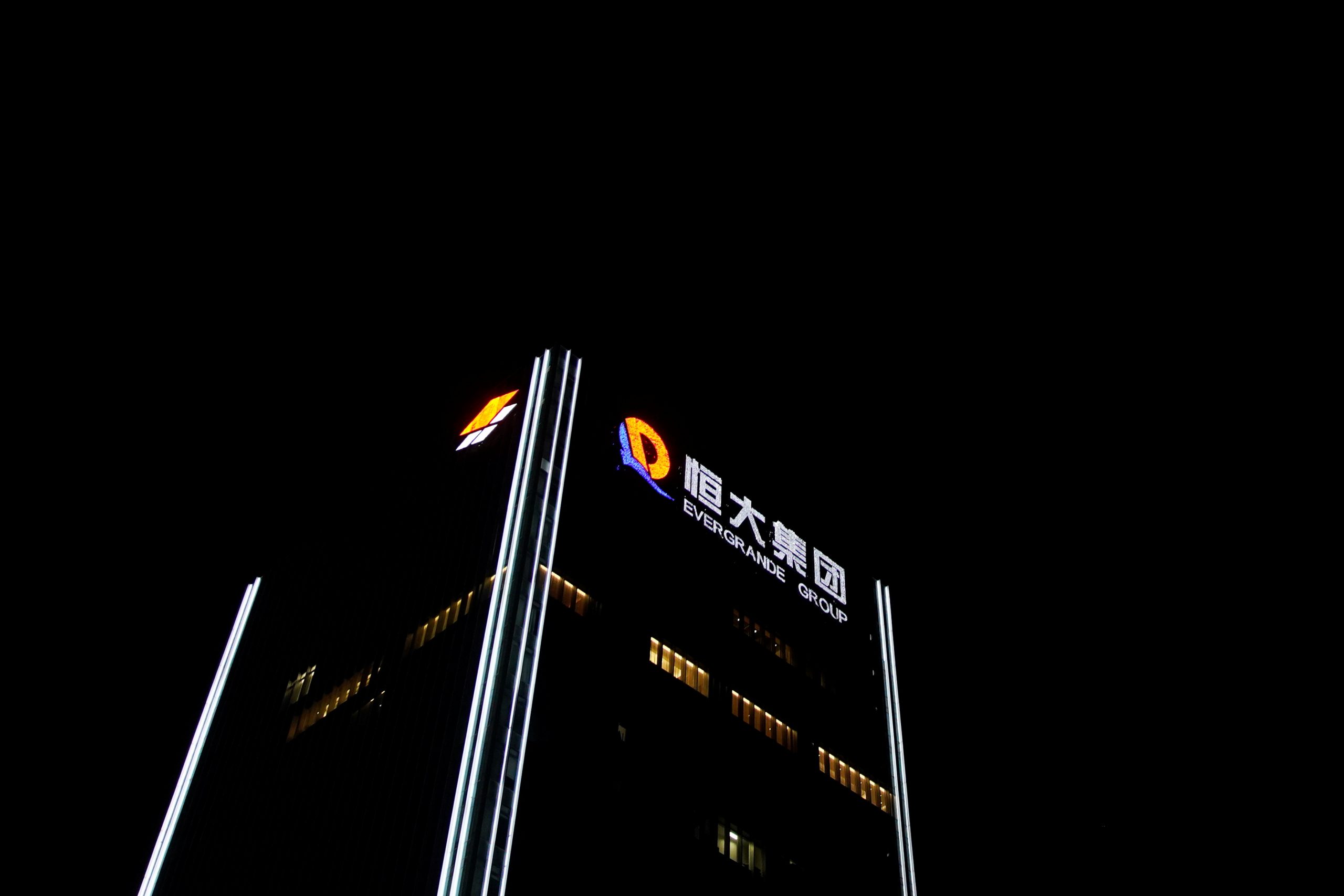Just three months after narrowly avoiding collapse, the world’s most indebted developer China Evergrande Group is on the brink again and investors are still unclear how much or for how long the problems could reverberate.
With over $300 billion of liabilities and more than 1,300 real estate projects, Evergrande has been the poster child of a property crisis in China this year that has already ripped down nearly a dozen smaller developers.
Evergrande could still pay an overdue $82.5 million bond payment which has now reached the end of its grace period, but it has warned it might not.
At a time of slowing property sales in China, a disorderly Evergrande default could accelerate financial stress across the property sector, Logan Wright, director of China markets research for consultant Rhodium Group, said.
Limiting the Contagion
A resolution must account for billions of yuan due to contractors and suppliers.
“Right now there is very little clarity on the potential sources of this financing, even if there is more confidence that authorities will respond with some resolution to limit financial contagion,” Wright said.
Having narrowly avoided becoming China’s biggest default with 11th-hour payments at the end of a grace period in the last couple of months, Evergrande is once again back on the edge.
But unlike a couple of month ago, the fallout has been broadly contained inside China and with policy makers in Beijing becoming more vocal and markets more familiar, the consequences of Evergrande’s troubles will be less widely felt, investors say.
Default On The Cards
Liqian Ren, a WisdomTree director who follows China, expects Evergrande will likely default.
Still, she pointed to Friday’s central bank statement, and other official statements like it, pledging Evergrande was an individual issue and long-term funding functions would not suffer.
“Contagion happens when you have something where nobody knows who owns what,” and events move quickly, she said. Rather, she added, a default by Evergrande would look more like the case of HNA Group, whose restructuring plan was approved by creditors in October.
Tracy Chen, fixed-income portfolio manager for Brandywine Global Investment Management, also saw the broader risks of an Evergrande collapse as low.
“I think the systemic risk is very unlikely and regulators have been doing a decent job in making this what they call a ‘limited detonation’,” Chen said.
Regulatory Intervention
China’s central bank has pumped 1.2 trillion yuan ($188 billion) into the banking system, its second such move since July, and the regional government where Evergrande is based has said it is now stepping in.
Within China, the question for sector experts is whether this can prevent yet more contagion.
Since October’s dodge, a clutch of Evergrande’s smaller rivals have either gone under or restructured. Kaisa, China’s first property default back in 2015, which has over $3 billion of debt to refinance next year, is also in serious strife.
Market Mood
“Generally speaking nothing much has changed (since October’s Evergrande deadline) but the market mood has changed,” Seaport Global analyst Himanshu Porwal said, pointing to the string of smaller defaults.
It was positive that provincial governments wanted to get involved in cases like Evergrande’s, he said, but none of the state-owned property firms have taken part in the firm’s projects to ease its liquidity crunch.
In the meantime, the damage inside the country continues.
China real estate HY bonds have suffered their worst year on record this year, losing more than a third of their value on average, while Evergrande, Kaisa and defaulters like Fantasia are down at least 80%.
Slump in Land Sales
JPMorgan counts a total of 11 defaults this year already and with land sales slumping over 55% year-on-year, and housing sales themselves down 25% in October, more are expected.
It thinks Beijing needs to be more direct with its support.
“To prevent contagion cascading up the credit curve, regulators would need to think about stabilising both physical demand and financial markets,” the firm’s head of Asia Corporate Research, Frank Pan, said.
“The concern is that if regulators fail to prevent wide-scale defaults within the sector, we could potentially see more bonds trading at distressed levels,” adding that even “better quality” firms could find it harder to refinance.
- Reuters with additional editing by Jim Pollard
ALSO READ:
China Evergrande Shares Jump as Restructuring Looms
China Province Summons Evergrande as Regulators Reassure Markets
Guangzhou Takes Over China Evergrande’s Football Stadium
























